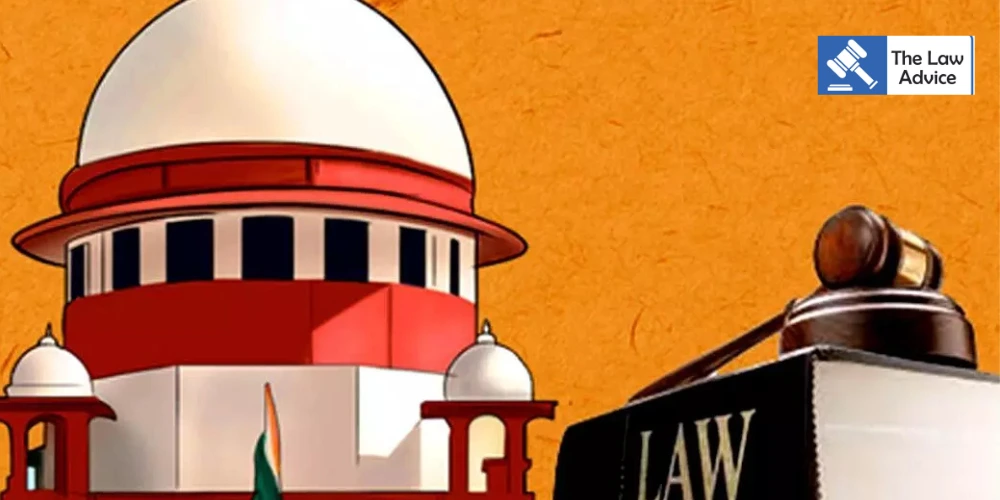
New Delhi | July 2025
The Supreme Court of India on Friday dismissed a petition demanding the removal of Kunwar Vijay Shah, a minister in the Madhya Pradesh government, over his controversial comments allegedly aimed at Colonel Sofiya Qureshi, a serving officer in the Indian Army. Instead of intervening in ministerial appointments, the top court opted to reinforce legal due process by directing the Special Investigation Team (SIT) already constituted to thoroughly examine the alleged incidents.
The Trigger: A Politically Charged Speech
The controversy erupted after Vijay Shah, during a public speech in Mhow, appeared to make a derogatory reference to a female army officer in a context that critics argued was communal and demeaning. Shah reportedly alluded to a “sister of terrorists” while referring to the officer’s background a statement widely interpreted as targeting Col. Sofiya Qureshi, who has been lauded for her service in the Indian Armed Forces and was recently involved in high-profile strategic operations.
The remarks sparked a wave of backlash from activists, veterans, and civil society groups, prompting a public interest litigation (PIL) seeking Shah’s removal from his ministerial post.
Supreme Court’s Stand: Law Over Sentiment
A bench comprising Justices Surya Kant and Dipankar Datta heard the matter and unequivocally stated that while the alleged remarks were distasteful, the removal of a minister is not for the Court to decide without a clear legal violation proven through an investigative mechanism.
“Courts cannot rush to remove elected officials based on unverified allegations alone. The legal process must run its course,” the bench noted.
Instead, the Court directed the SIT constituted earlier to look into related communal tensions in the area to also probe this incident, including the authenticity of video evidence and context of the minister’s remarks.
MP High Court’s Parallel Action Set Aside
Interestingly, the Madhya Pradesh High Court had already taken suo motu cognizance of the issue and directed registration of an FIR against Shah under provisions of the Bharatiya Nyaya Sanhita (BNS) for promoting communal disharmony.
However, the Supreme Court stayed the High Court’s parallel action, citing duplication of proceedings and confusion over jurisdiction. The apex court made it clear that the SIT’s investigation will now serve as the definitive legal pathway in this matter.
Shah’s Apology “Not Enough”
During proceedings, Shah issued a public apology, claiming his words were misunderstood. The Court, however, expressed dissatisfaction with his statement, indicating that it lacked sincerity and did not reflect genuine accountability.
“Apologies cannot become shields to avoid scrutiny when statements have serious social implications,” observed Justice Datta.
Website designed, developed and maintained by webexy